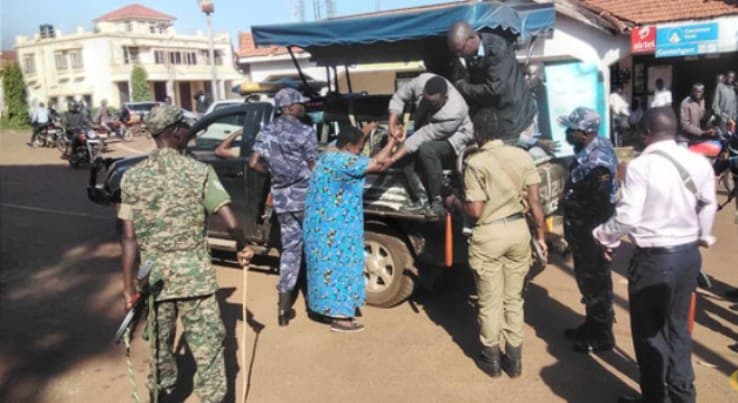The recent arrest of FDC (Forum for Democratic Change) leaders in Tororo, Uganda has raised concerns among the public and sparked discussions on the state of political freedom in the region.
The arrests have led to questions about the reasons behind these actions and the implications they may have for political participation and democracy.
The FDC leaders in Tororo, known for their active involvement in the opposition party, were apprehended by the authorities. The circumstances surrounding these arrests have generated public interest and have become a topic of debate within political circles.
Critics argue that the arrests may be politically motivated, intended to suppress opposition voices and stifle dissent. They express concerns that such actions undermine the principles of democracy, including freedom of expression and the right to peaceful assembly.
Meanwhile supporters of the arrests, on the other hand, argue that they are necessary for maintaining law and order and ensuring the smooth functioning of the region.
They contend that the authorities have valid reasons for taking action against individuals who may have violated the law or engaged in activities that could be deemed a threat to public safety.
The arrest of FDC leaders in Tororo highlights the delicate balance between political activism and the rule of law. It raises important questions about the space for political dissent and the protection of civil liberties in Uganda.
It also draws attention to the need for open dialogue and constructive engagement between political parties and the government.
As the situation unfolds, it is crucial for all stakeholders to uphold the principles of democracy and respect the rights of individuals, regardless of their political affiliations.
This includes ensuring fair and transparent legal processes, allowing for the defense and representation of those arrested, and fostering an environment that encourages political participation and constructive dialogue.
The arrest of FDC leaders in Tororo serves as a reminder of the importance of safeguarding political freedoms and ensuring a level playing field for all parties involved.
It also highlights the need for ongoing efforts to strengthen democratic institutions and promote a culture of tolerance, inclusivity, and respect for human rights.











